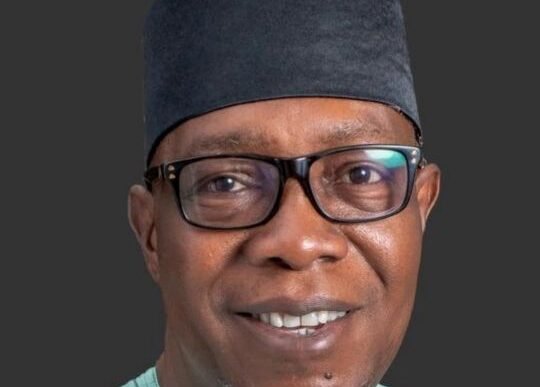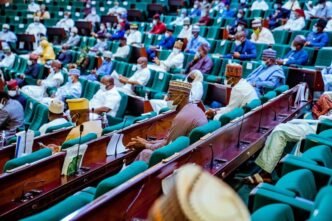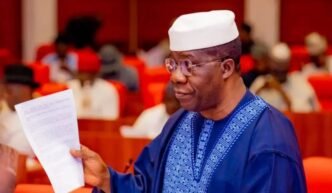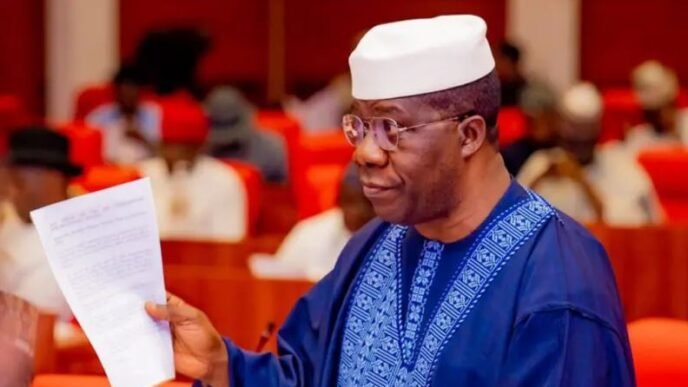The “Private Institutions and Health Care Service Providers (Prohibition) Bill, 2025” (HB.2487) has been introduced in Nigeria’s House of Representatives by Hon. Amobi Godwin Ogah. This legislation aims to ban public and civil servants, along with their immediate families, from using private schools and hospitals across the country.
Key Aims of the Bill
One of the primary objectives of the bill is to restore public confidence in Nigeria’s public institutions. Proponents argue that by requiring government officials to utilize public schools and hospitals, there will be a greater incentive to improve the quality of these services. The idea is that if public officials and their families depend on these institutions, they will be more motivated to ensure their adequacy and effectiveness.
Hon. Ogah has also highlighted the issue of “medical and educational tourism,” citing substantial sums of money spent by Nigerians seeking medical treatment and educational opportunities abroad. According to him, this trend results in billions of dollars being funneled out of the country each year, ultimately neglecting local institutions that require support and improvement.
The bill is framed as a way to promote patriotism and accountability among public officials. Ogah draws historical parallels, referencing how Nigeria’s founding fathers relied on public education and healthcare, and aims to revive that legacy.
Arguments For and Against the Bill
Supporters of the bill believe it could be a significant catalyst for reform. By compelling officials to use the services they oversee, proponents contend that it could lead to improved conditions and accountability. Additionally, by reducing the capital flight associated with seeking services abroad, the bill aims to strengthen the local economy.
However, critics raise serious concerns about its implications for individual rights. Many argue that the bill infringes on the fundamental human right of citizens to choose their healthcare and education providers. They contend that such restrictions are unconstitutional.
There are also questions regarding the practicality of enforcing the bill. Stakeholders have expressed doubts about how compliance would be monitored and worry that loopholes could allow officials to circumvent the law by citing emergencies or underfunded local services.
Critics assert that the bill does not address underlying issues such as inadequate funding, poor management, and a shortage of skilled professionals within public institutions. They argue that substantial investment and comprehensive reform are necessary to create sustainable improvements.
As of now, the bill has completed its First Reading and has sparked widespread public debate. Its future will hinge on the political will to address the concerns raised, as well as the ability of the bill’s supporters to garner broader legislative support.













